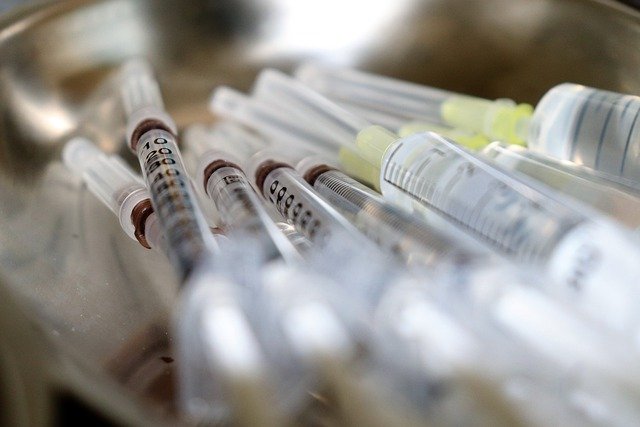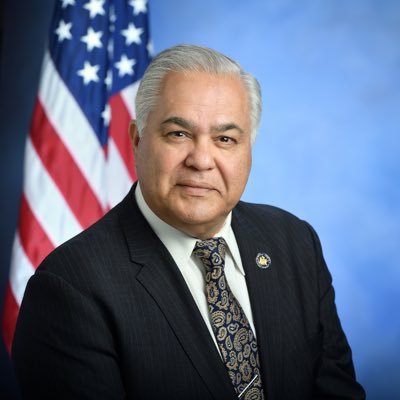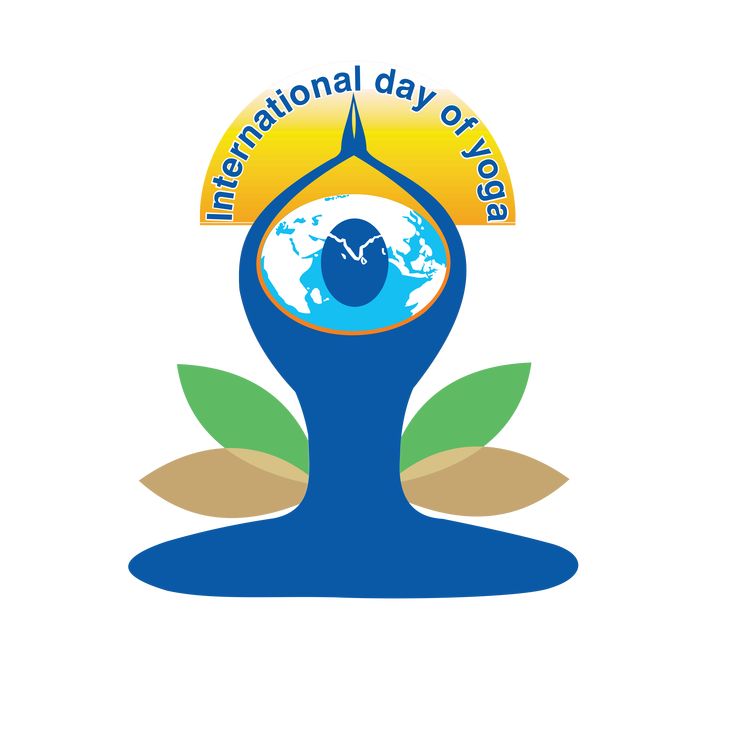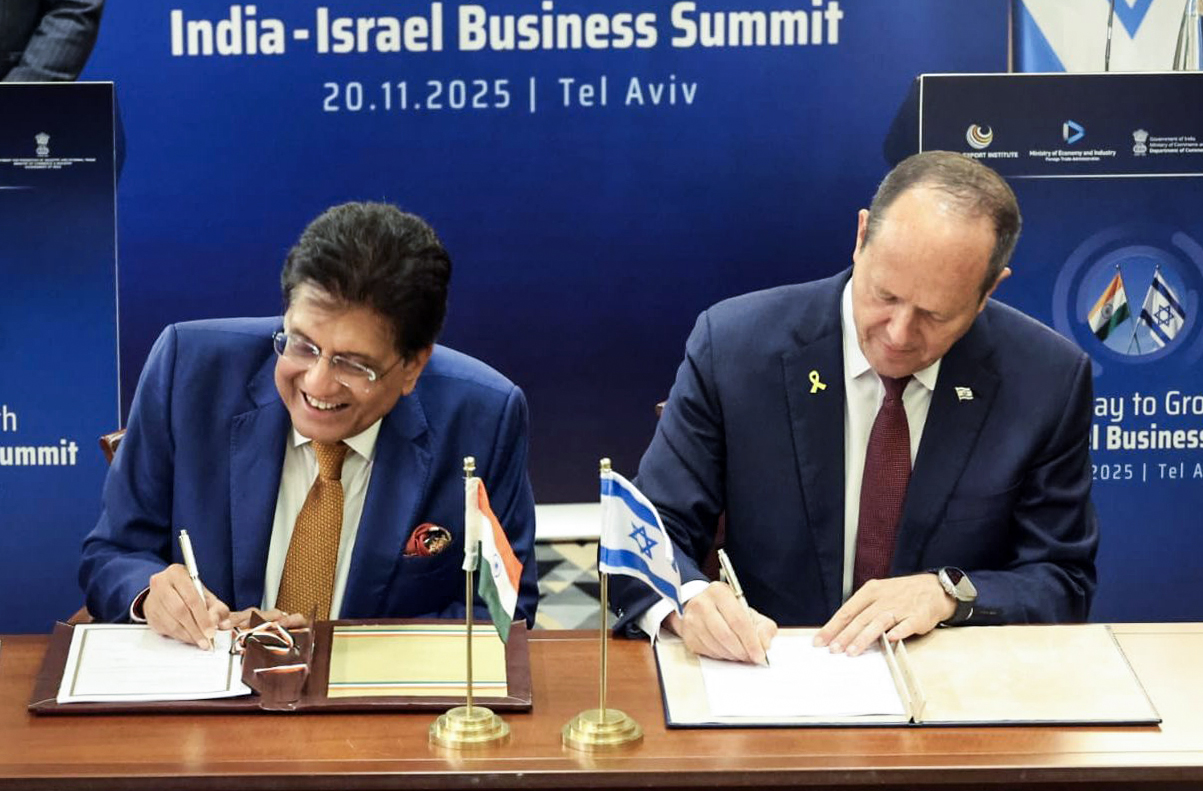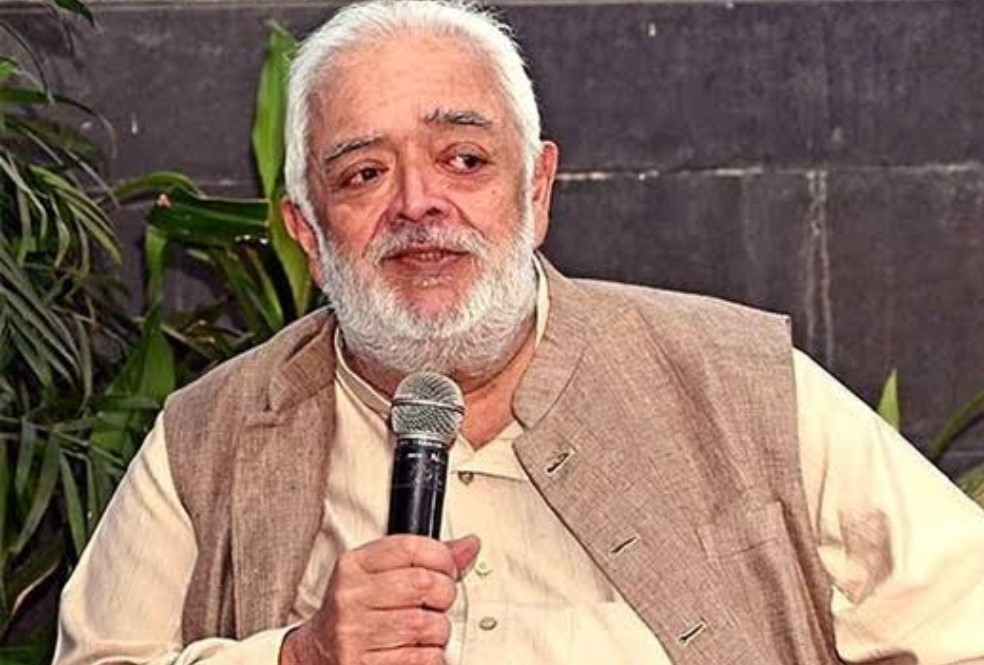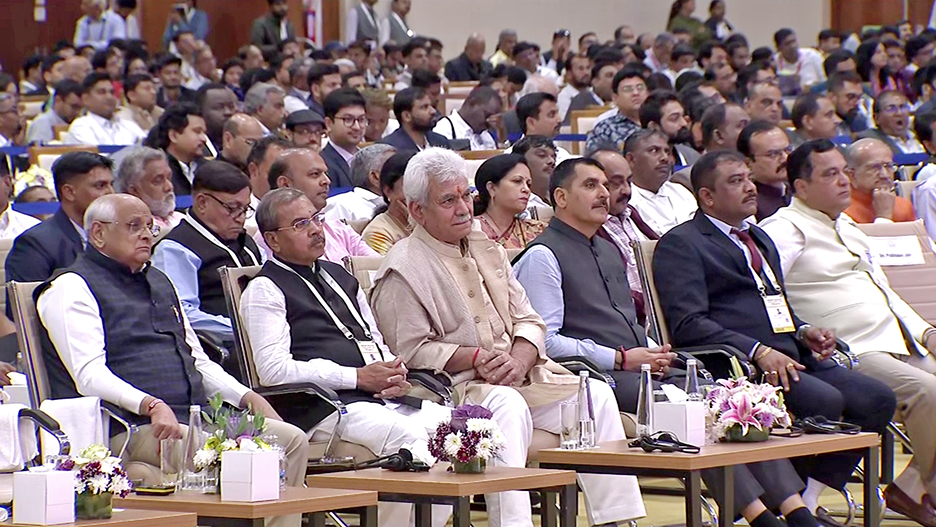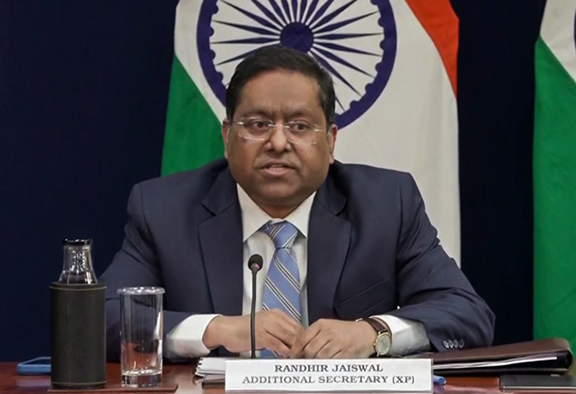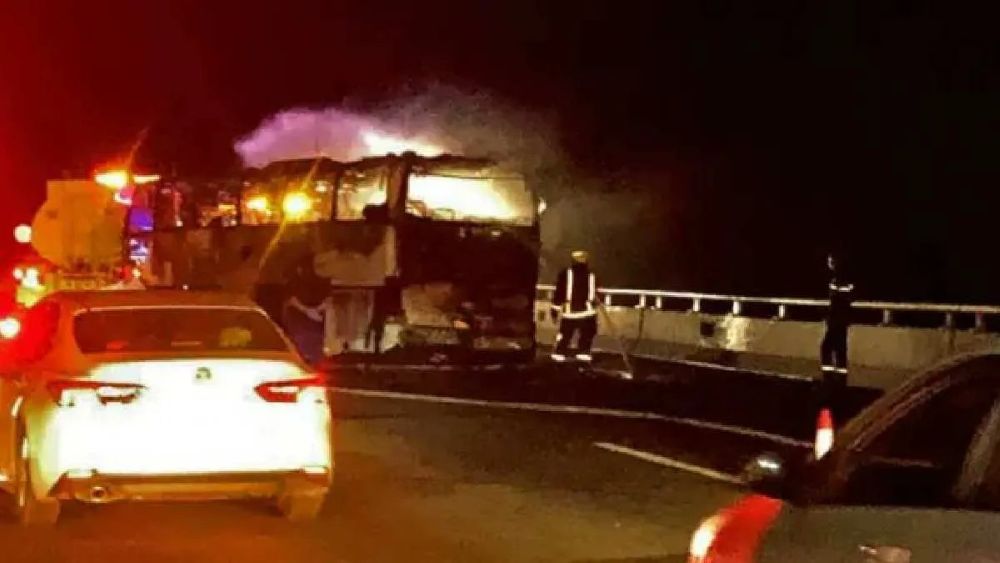Two emergency-approved Covid-19 vaccines will likely be rolled out across India from Jan 13 onwards.
OUR BUREAU
Brazilian Foreign Ministry and Health Ministry said talks between Brazil’s Fiocruz biomedical center and the Serum Institute of India to ship finished doses are in advanced stages, with a delivery schedule in mid-January.
Serum Institute of India’s CEO Adar Poonawalla was quoted by Associated Press recently as controversially saying that the government has asked the world’s largest vaccine maker to not export vaccines to any other country.
The Serum Institute has agreed to supply millions of doses of vaccines to Bangladesh and elsewhere.
However, the Indian government clarified that there is no ban. Brazil, too, scrambled to clarify on Tuesday that India is not restricting the export of coronavirus vaccines made there, and that the delivery of Covishield, made by Oxford University and AstraZeneca, and manufactured in India, is on schedule.
India’s health ministry stated Tuesday that the rollout of the Covid-19 vaccines would begin within 10 days after it gave emergency approval to two vaccines, one British and one homegrown. The Union Health Secretary Rajesh Bhushan said the date of the rollout could be the 13th of this month.
The Indian government approved Covishield—developed by Oxford University and AstraZeneca and manufactured by Serum Institute of India, and Covaxin—developed by Bharat Biotech.
Four vaccine depots in Chennai, Karnal (Haryana), Kolkata, and Mumbai will first receive the shipments. From there, the vaccines will be transported to 37 vaccine stores in different states, and then to district centers and primary health centers (PHCs) in towns and villages. Initially, 30 million people will receive the injection, mostly health workers and the frontline coronavirus-fighting volunteers.
The rollout is a test in India’s physical infrastructure: 29,000 cold chain points will come into play, but more than half these cold chain centers are clustered in just six of India’s 29 states and seven Union Territories, with Maharashtra and Karnataka leading those numbers.
The use of information technology will help in the rollout. Bhushan clarified to the media that an IT platform called Co-WIN is a bulk database of healthcare and frontline workers, and so there is no need for these beneficiaries to self-register, but that other priority groups would need to upload their data. Like the vaccine, the Co-WIN platform, too, will be available for use in other countries.
















